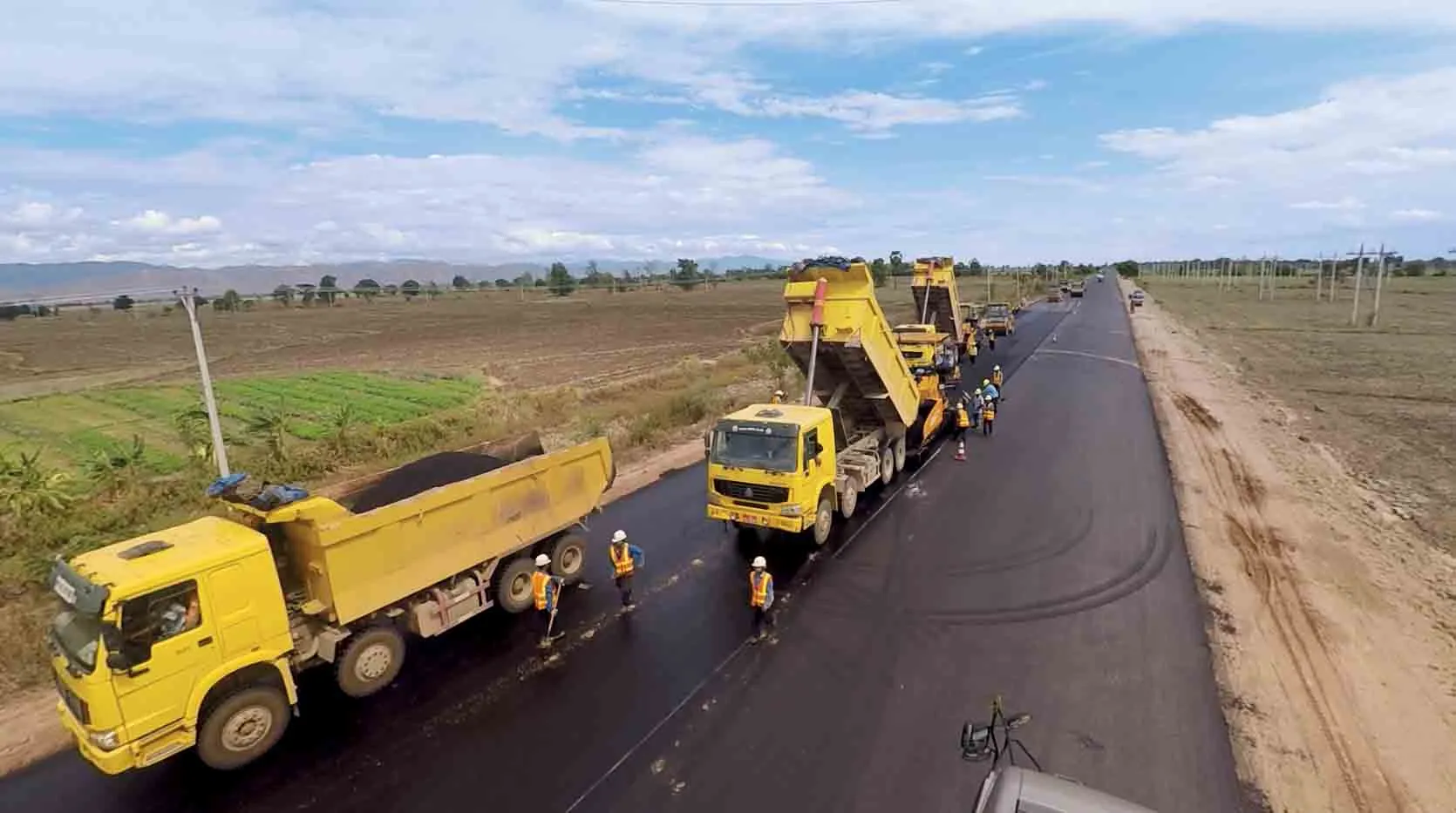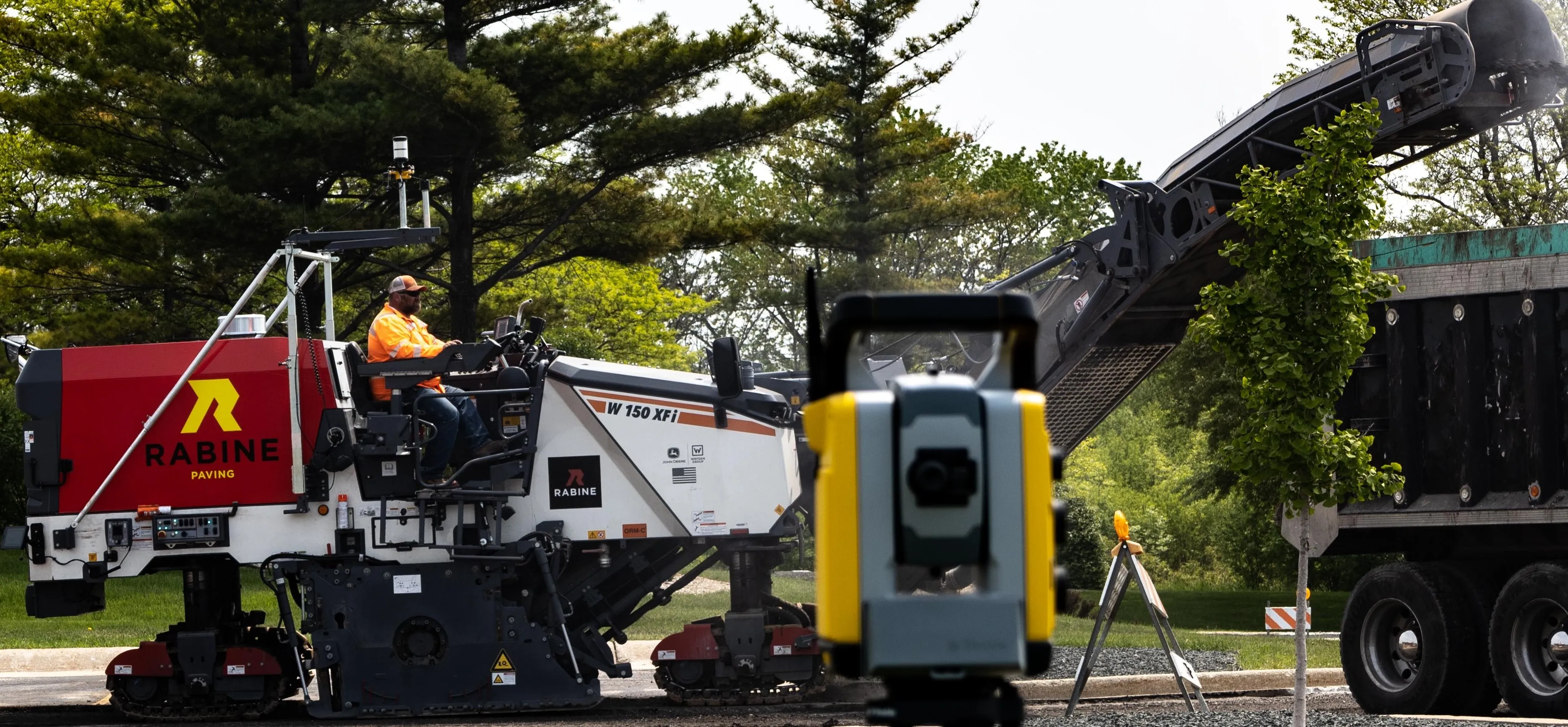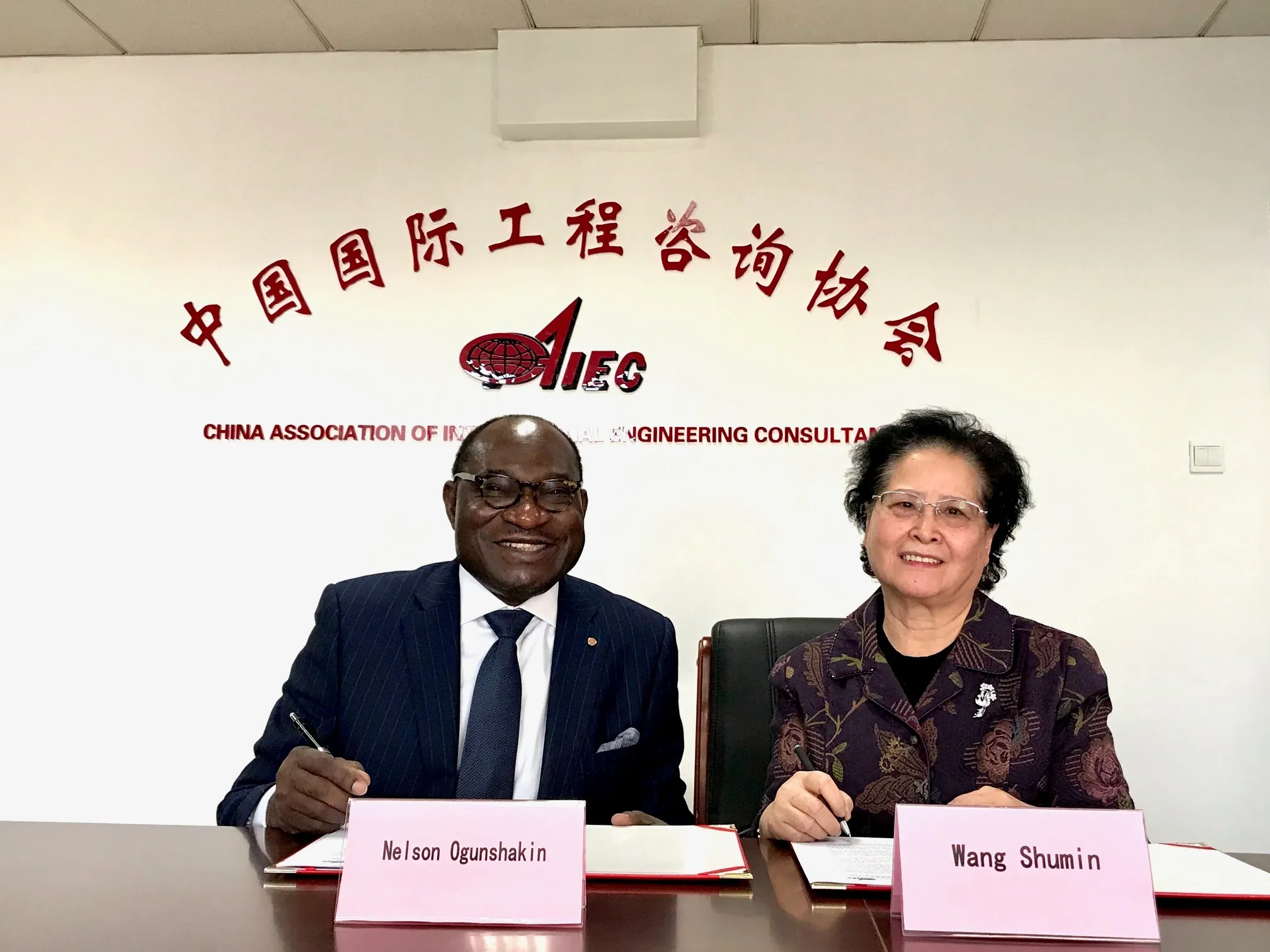An innovative road trial project is now being carried out in Myanmar along Pyinmana Myo Shuang Road, close to Nay Pyi Taw International Airport. This trial section of road has been built in partnership between Shell and National Infrastructure Holdings Co (NIHC). In addition, the project is being supervised by Myanmar’s Ministry of Construction.
The road trial is using Shell’s 60/70 penetration grade bitumen, which offers good heat tolerance and resistance to road deformation. This makes it suitable to cop
September 13, 2016
Read time: 2 mins

An innovative road trial project is now being carried out in Myanmar along Pyinmana Myo Shuang Road, close to Nay Pyi Taw International Airport. This trial section of road has been built in partnership between 763 Shell and National Infrastructure Holdings Co (NIHC). In addition, the project is being supervised by Myanmar’s Ministry of Construction.
The road trial is using Shell’s 60/70 penetration grade bitumen, which offers good heat tolerance and resistance to road deformation. This makes it suitable to cope with the challenges imposed by Myanmar’s tropical climate and the use of this special grade of bitumen is expected to extend the life of the road surface. Shell also advised on the pavement design, to ensure the construction team could deliver a more durable road, again allowing the road surface a greater working life. Should the road trial meet the expectations of Shell, NIHC and the Ministry of Construction, this grade of bitumen will be specified for more road projects across Myanmar.
“This newly completed stretch of road here in Nay Pyi Taw is a demonstration of how using quality bitumen products and proper pavement design can result in a durable road surface that the people of Myanmar can use reliably. We are pleased to discuss opportunities with NIHC to grow our business here in Myanmar,” said Nick Chong, vice president of Shell Bitumen.
“We are pleased that Shell and NIHC are looking into providing their road construction expertise here in Myanmar. This new development will enable us in the Ministry of Construction to further build quality, durable road infrastructure suitable to Myanmar’s weather, to support the economic growth we see here in the country,” said HE U Win Khaing, union minister, Ministry of Construction.
“We at NIHC are looking forward to working with Shell and the relevant authorities and contractors to supply them with Shell’s high quality products,” said U Maung Kyay, managing director, NIHC.
The road trial is using Shell’s 60/70 penetration grade bitumen, which offers good heat tolerance and resistance to road deformation. This makes it suitable to cope with the challenges imposed by Myanmar’s tropical climate and the use of this special grade of bitumen is expected to extend the life of the road surface. Shell also advised on the pavement design, to ensure the construction team could deliver a more durable road, again allowing the road surface a greater working life. Should the road trial meet the expectations of Shell, NIHC and the Ministry of Construction, this grade of bitumen will be specified for more road projects across Myanmar.
“This newly completed stretch of road here in Nay Pyi Taw is a demonstration of how using quality bitumen products and proper pavement design can result in a durable road surface that the people of Myanmar can use reliably. We are pleased to discuss opportunities with NIHC to grow our business here in Myanmar,” said Nick Chong, vice president of Shell Bitumen.
“We are pleased that Shell and NIHC are looking into providing their road construction expertise here in Myanmar. This new development will enable us in the Ministry of Construction to further build quality, durable road infrastructure suitable to Myanmar’s weather, to support the economic growth we see here in the country,” said HE U Win Khaing, union minister, Ministry of Construction.
“We at NIHC are looking forward to working with Shell and the relevant authorities and contractors to supply them with Shell’s high quality products,” said U Maung Kyay, managing director, NIHC.









